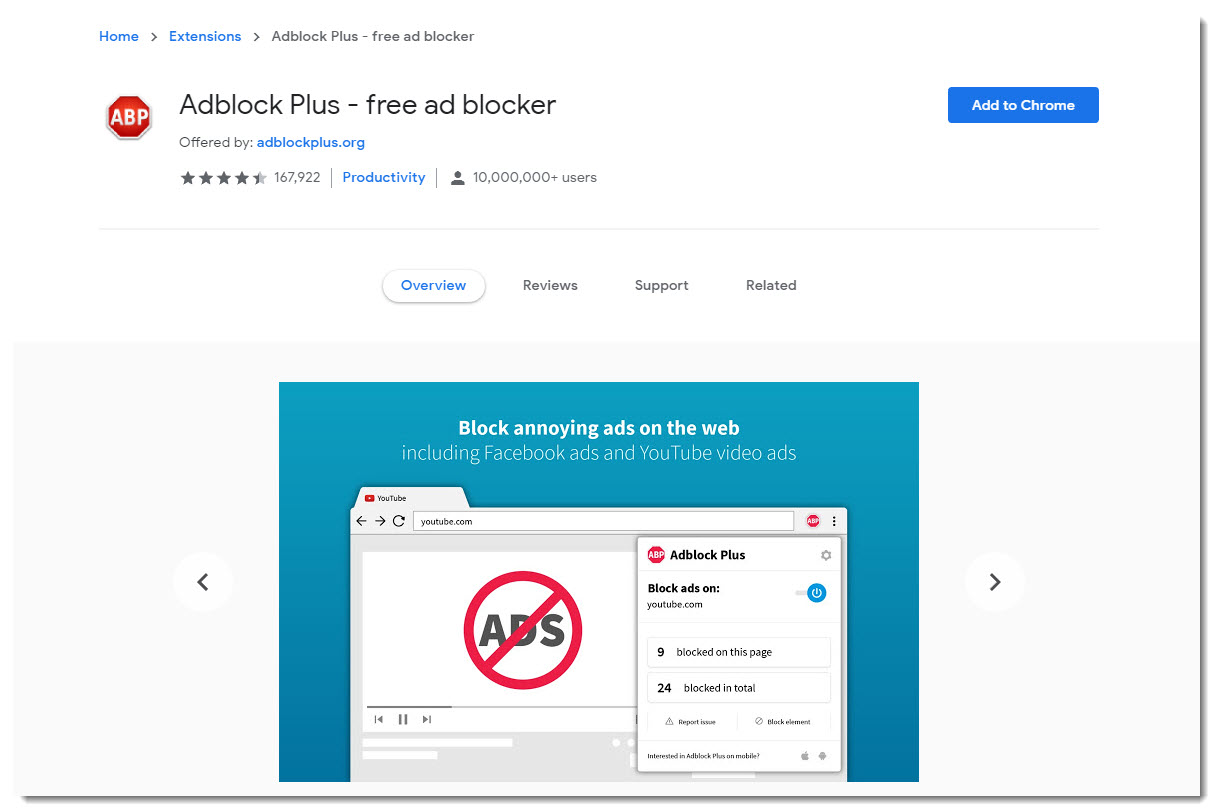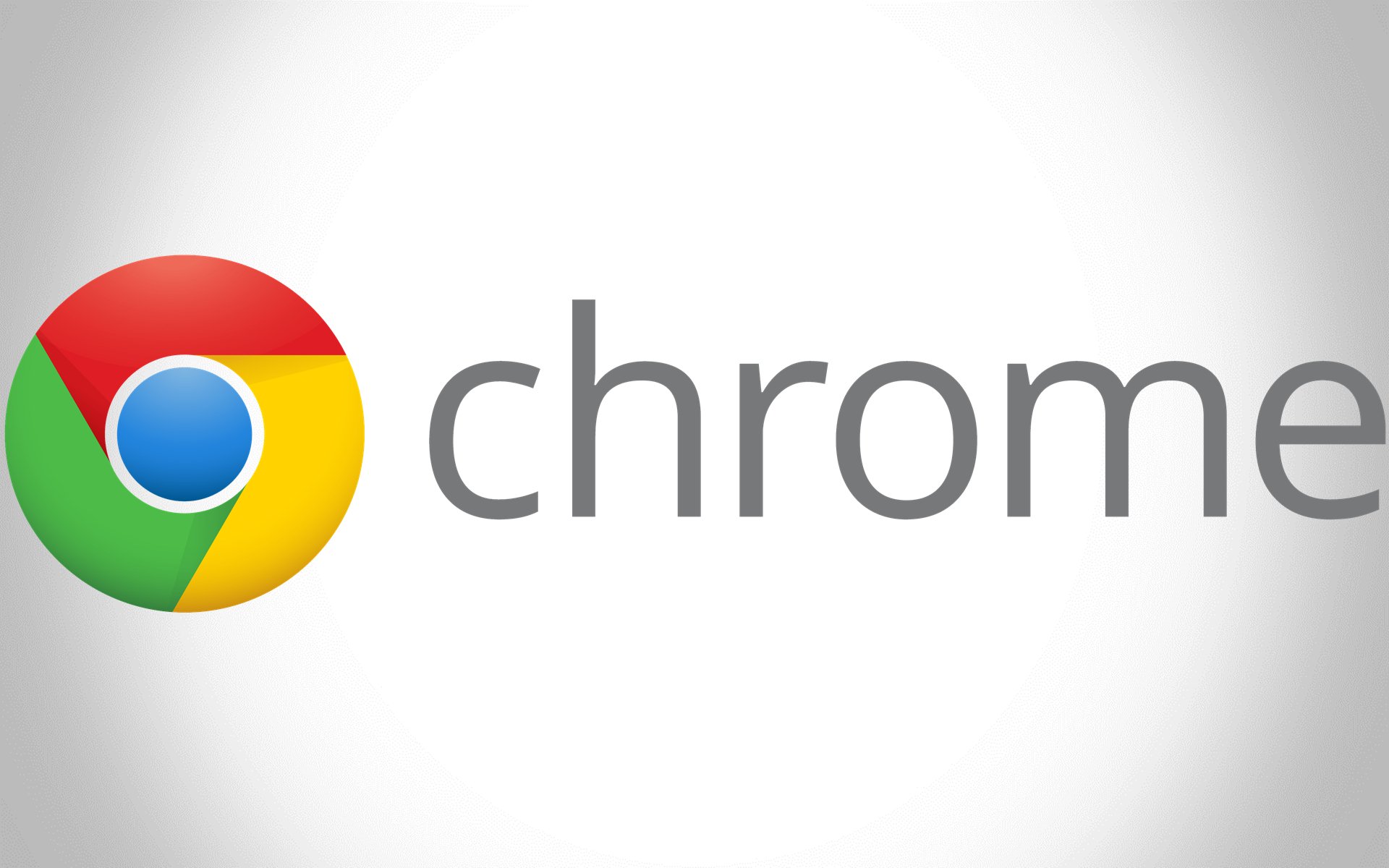Google ruffled some feathers a few weeks ago when it announced some looming changes to Chrome’s extension API, with developers of ad-blocking extensions especially critical of the changes.
Now, it seems Google has heard the outcry and is making some changes to their proposal based on the feedback. Your ad-blocker might not disappear just yet.
Unchecked Extensions
The current version of Chrome’s extensions API is quite old, dating back to 2012. In that time of neo neon and glitter pumps, the engineers behind the API made a few decisions that they’re seeking to walk back with the new updates – the most controversial of which is the ability for extensions to run their own-defined JavaScript code before the browser starts any network operation.
Google’s assertion in 2019 is that this can adversely impact performance, and they’d like to replace it with the ability for an extension to specify a block list for taking action, with an initial proposed limit of 30,000 roles.
Extension developers disagree – they don’t want to lose this ability, and pointed out that they can’t possibly list all the rules they need into the initially proposed space.

Response from Developers and Google
Blog posts and threats of legal action ensued over the last few weeks, and finally Googler Devlin Cronin posted to Google’s Chromium Group explaining that changes aren’t finalised yet and the company is listening to feedback.
The 30,000 block list size limit has been raised, although with it comes a caution that the extension developers need to more carefully manage their block lists to ensure they remain current. Additionally, they’re looking to add more matching features and supply what looks like some preset actions for modifying requests (the example given its removing cookies, although that’s probably rather simplistic).
Middle Ground
Google is in an unenviable position – Chrome users increasingly cite performance issues as the browser has grown over the years, but the company is pretty adamant that poorly written or malicious extensions are to blame. With that in mind, it’s not surprising that they’re seeking to clean up their own API that’s allowed poorly written extensions. Additionally, as a major player in the advertising industry, any move Google makes that might limit the business of ad-blocking companies or reduce users’ ability to block ads is met with suspicion.
For their part, the company makes it clear that they still intend to do away with the original mechanism at some point. Hopefully by that time, they’ll have come up with enough more performant alternatives that its demise will be nothing more than a footnote. Alternatively, perhaps the answer is to whitelist extensions’ access to the contentious feature to extensions that Google can verify don’t abuse the feature.
Perhaps building an extensions API that more tightly controls performance is a bridge to finally bringing Chrome extensions to mobile, too?
Android Police has a good summary of the changes and the reasons behind them, and the post to Google’s Chromium Group also carries detailed information.





Adblockers are required, simply because ads are a delivery mechanism for malware. If you can’t trust the ad networks, then it’s far safer to simply block all ads.
Why are adblockers entitled to exist, and why is Google obligated to support them? If you want to consume content from a free site (e.g. Ausdroid) you should know that blocking ads on that site robs the owners of funding to create more of that sweet content. It’s ignorant and selfish to pretend you’re entitled to free content without having to deal with advertising, let alone to pretend the sites you love will continue to exist without advertising revenue. At the very least I wouldn’t expect Chrome, built by a business that obviously survives on advertising, to go out of… Read more »